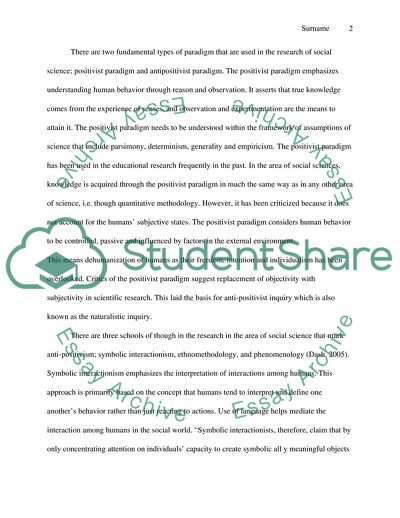Cite this document
(Why Does a Critical Understanding of Social Science Explanations Coursework, n.d.)
Why Does a Critical Understanding of Social Science Explanations Coursework. https://studentshare.org/humanitarian/1769511-why-does-a-critical-understanding-of-social-science-explanations-require-an-awareness-of-the-methodological-choices-made-by-the-researcher
Why Does a Critical Understanding of Social Science Explanations Coursework. https://studentshare.org/humanitarian/1769511-why-does-a-critical-understanding-of-social-science-explanations-require-an-awareness-of-the-methodological-choices-made-by-the-researcher
(Why Does a Critical Understanding of Social Science Explanations Coursework)
Why Does a Critical Understanding of Social Science Explanations Coursework. https://studentshare.org/humanitarian/1769511-why-does-a-critical-understanding-of-social-science-explanations-require-an-awareness-of-the-methodological-choices-made-by-the-researcher.
Why Does a Critical Understanding of Social Science Explanations Coursework. https://studentshare.org/humanitarian/1769511-why-does-a-critical-understanding-of-social-science-explanations-require-an-awareness-of-the-methodological-choices-made-by-the-researcher.
“Why Does a Critical Understanding of Social Science Explanations Coursework”. https://studentshare.org/humanitarian/1769511-why-does-a-critical-understanding-of-social-science-explanations-require-an-awareness-of-the-methodological-choices-made-by-the-researcher.


